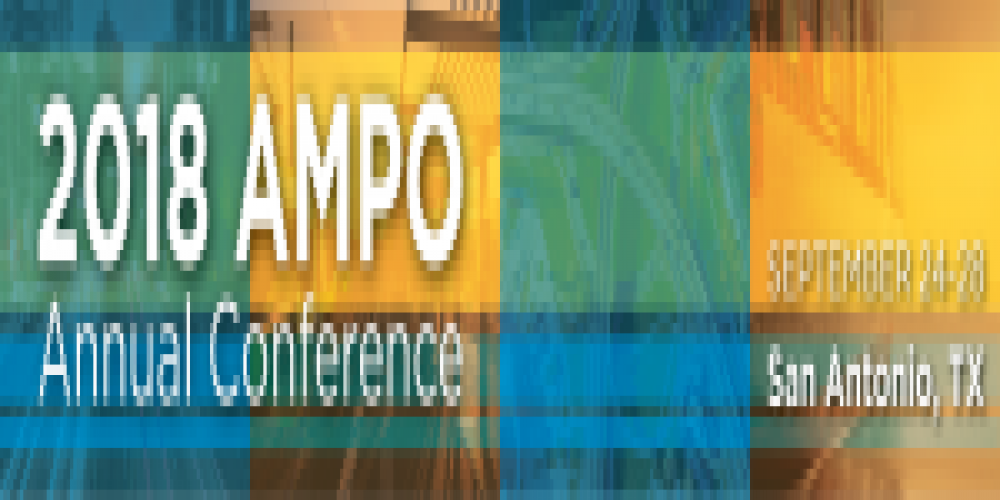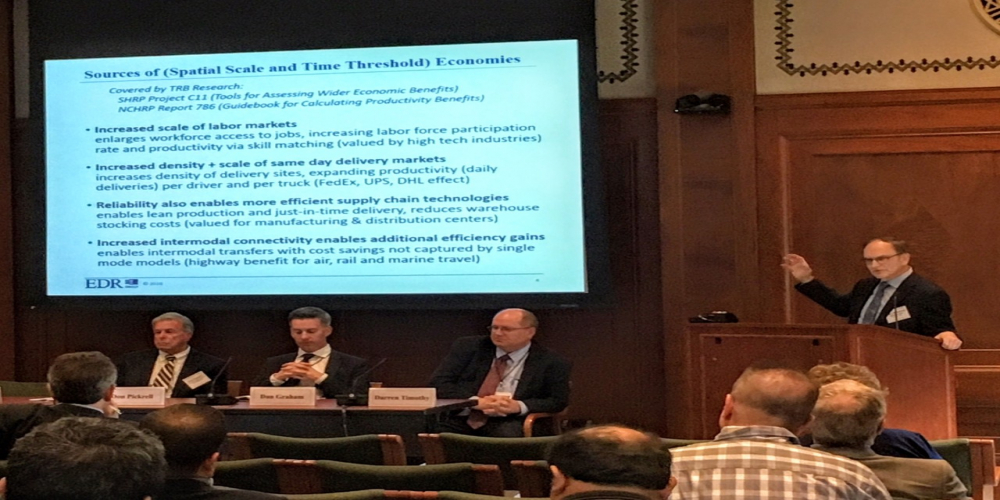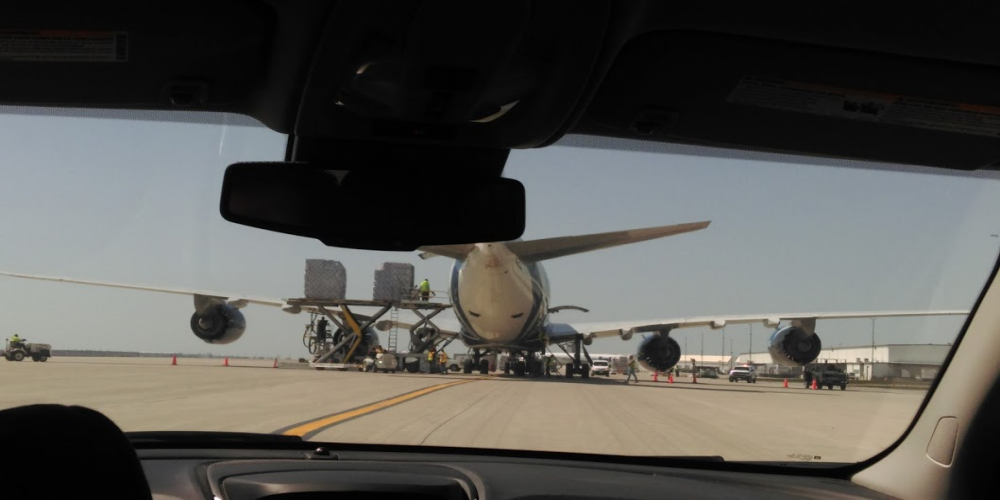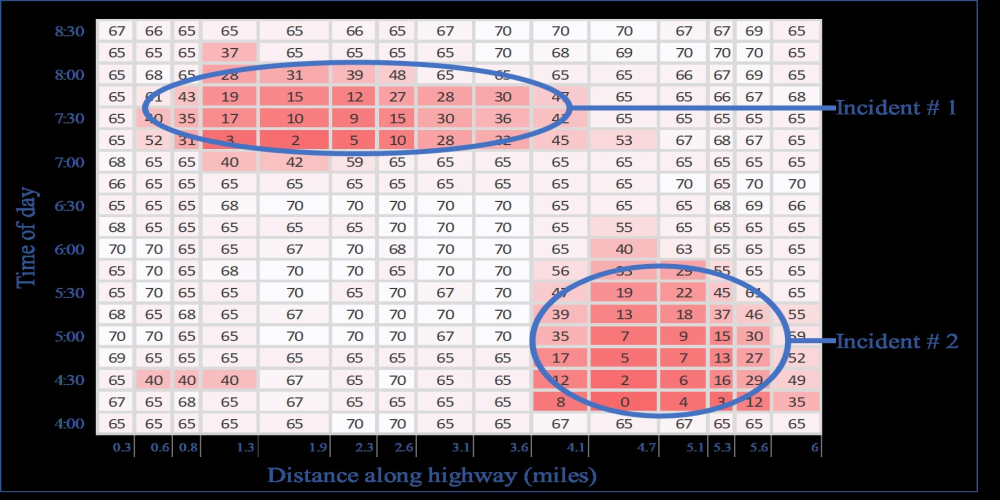Blog
Uncertainty was a common theme at at AMPO’s annual conference, held in September in San Antonio, Texas. It was an opportunity to share strategies for dealing with an uncertain transportation future, ranging from scenario planning to collaboration and data-driven and technical solutions.
Scott Middleton is the newest member of the EDR Group team. Before joining, Scott worked as an analyst and planner at the U.S. Department of Transportation’s Volpe National Transportation Systems Center and completed graduate studies at MIT. At MIT’s Department of Urban Studies and Planning, he completed a master’s thesis that investigated rider behavior and preferences in on-demand ride services (e.g., Uber, Lyft, Waymo). He plans to contribute to EDR Group’s growing body of work in this exciting new discipline.
On August 8th and 9th, I had the opportunity to attend the 2018 National Household Travel Survey Workshop (NHTS) in Washington, DC. I presented a poster called Evaluating Alternative Transportation Revenue Regimes Using the NHTS Transferability Statistics, based on work EDR Group has done for the Western Road User Charge Consortium (RUC West). This NHTS data product from the 2009 survey allows us to estimate the travel behavior of households at a census tract scale across the U.S. To date we’ve examined 10 states to understand how revenue-neutral conversion from a gasoline excise tax to a road usage charge would affect different groups of households.
Tags:
#road usage charge
#NHTS
The I-TED Conference on Transportation and Economic Development has now concluded. Judging by the reaction of all the participants with whom I’ve spoken, it was a tremendous success. Here are some personal observations.
A couple of weeks ago, Steve Landau and I visited Columbus to start up a new project with the Columbus Regional Airport Authority. Over the next few months, EDR Group will be investigating, quantifying, and (perhaps most importantly!) describing the myriad ways in which the Columbus airport system contributes to the economy of the city, region, and state.
Tags:
#airport
Highway link speed data from vehicle GPS probes has become the standard for performance measurement, available free to state DOTs through the National Performance Management Research Data Set (NPMRDS). This data can add value across transportation planning and policy-making. At EBP, we think it extends the potential for informed economic analysis.
Hardly a day passes without websites, newspapers, and TV news trumpeting our entry into an era of “self-driving cars” and “smart everything.” More and more, our everyday lives are digitally connected and facilitated, enabling us to shop from our phones, have up-to-the-minute travel information, and instantly share information with anyone, anywhere. As the digitization of our society grows and computing power becomes more portable and affordable, we continue to rush headlong into a future of both technological promise and societal challenges.






